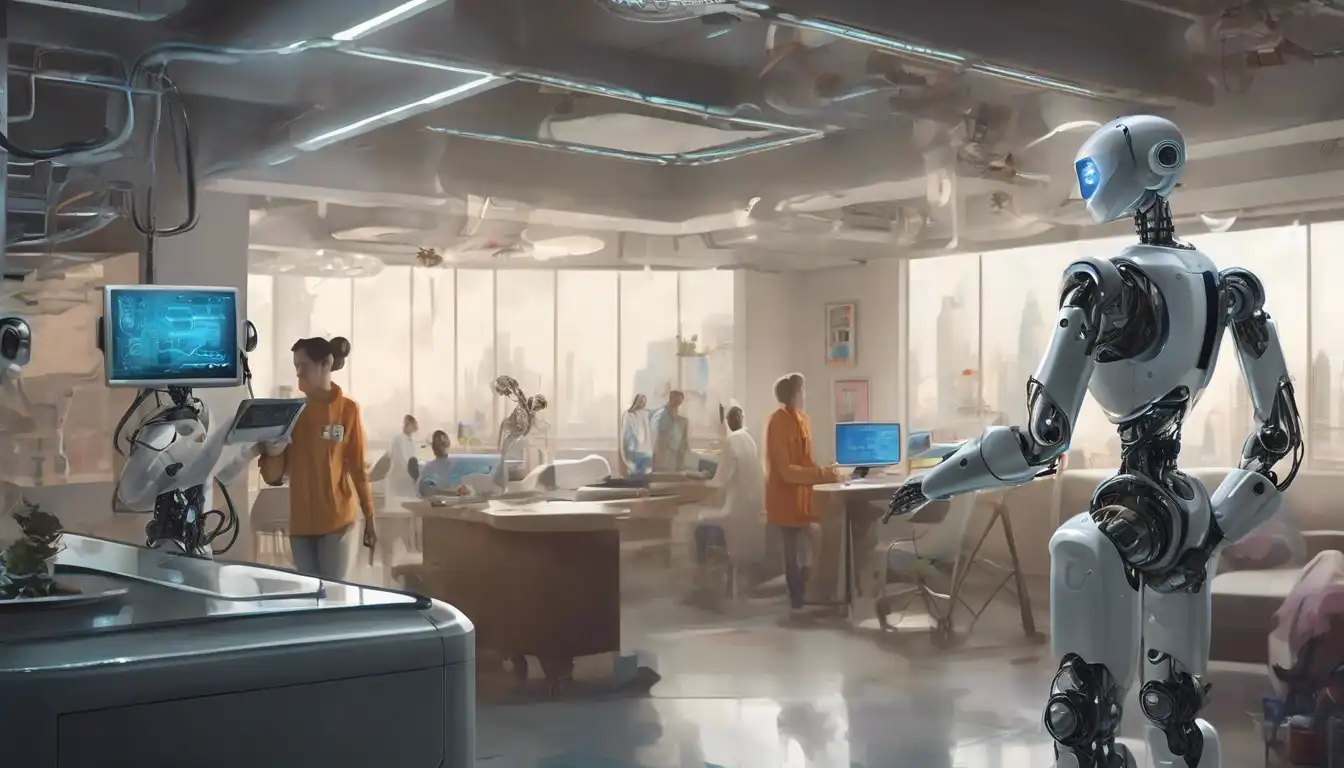The Dawn of a Robotic Era
The integration of robotics into everyday life is no longer a matter of if but when. With advancements in artificial intelligence (AI) and machine learning, robots are becoming more capable and versatile, promising to revolutionize how we live, work, and interact with the world around us.
Everyday Applications of Robotics
From household chores to personal care, robotics is set to make our lives easier and more efficient. Imagine a world where your robotic assistant not only cleans your home but also prepares your meals, manages your schedule, and even provides companionship. This is not the plot of a science fiction movie but a glimpse into the near future.
Robotics in Healthcare
The healthcare sector stands to benefit immensely from robotics. Surgical robots, for instance, are already performing complex procedures with precision beyond human capabilities. In the future, we can expect robots to play a larger role in patient care, rehabilitation, and even mental health support.
The Impact on Employment
While robotics promises to enhance productivity and create new job opportunities, it also raises concerns about job displacement. It's crucial for societies to prepare for these changes by investing in education and training programs that equip workers with the skills needed in a robotic-driven economy.
Challenges and Ethical Considerations
As we embrace the future of robotics, we must also address the ethical and security challenges that come with it. Issues such as privacy, data security, and the moral implications of autonomous decision-making by robots need careful consideration.
Preparing for the Future
The future of robotics in everyday life is bright, but it requires proactive planning and regulation. By fostering collaboration between technologists, policymakers, and the public, we can ensure that the benefits of robotics are maximized while minimizing potential risks.
For more insights into how technology is shaping our future, check out our articles on AI advancements and automation trends.
In conclusion, the future of robotics in everyday life holds immense potential to improve our quality of life, enhance efficiency, and open up new possibilities. However, it's imperative that we navigate this transition thoughtfully, ensuring that the benefits are accessible to all and that we address the challenges head-on.
